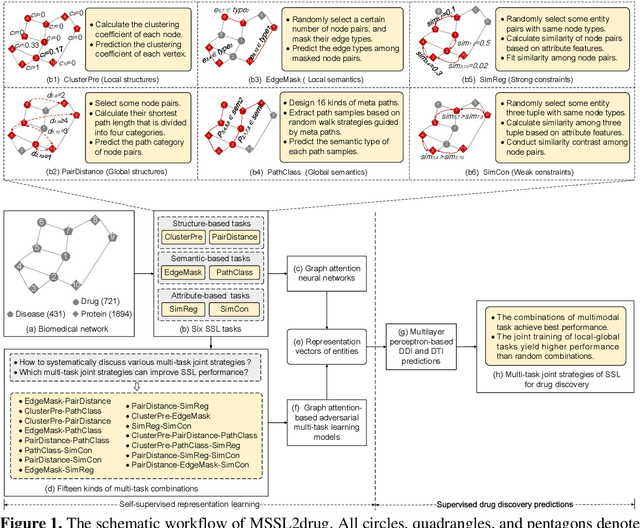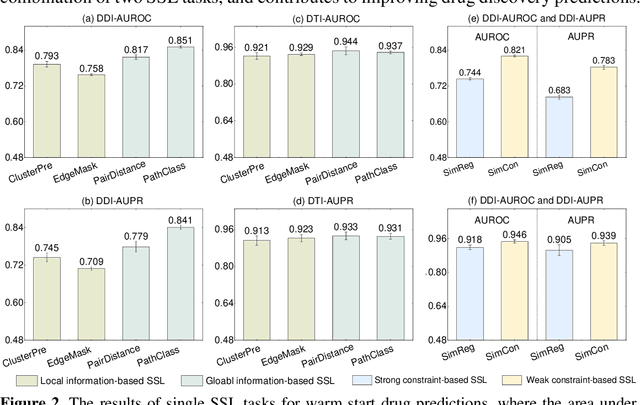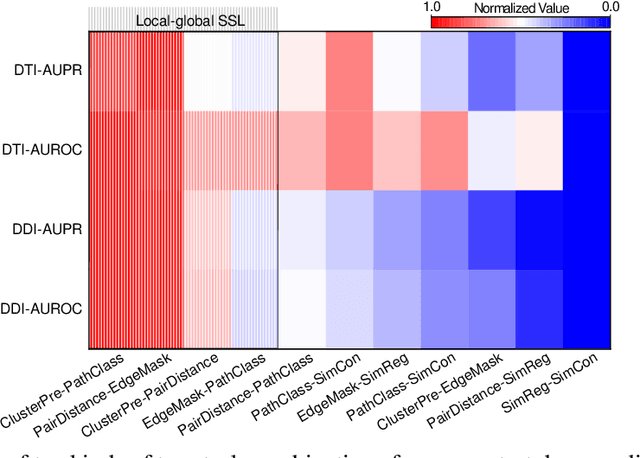Yaning Yang
Situation-Dependent Causal Influence-Based Cooperative Multi-agent Reinforcement Learning
Dec 15, 2023



Abstract:Learning to collaborate has witnessed significant progress in multi-agent reinforcement learning (MARL). However, promoting coordination among agents and enhancing exploration capabilities remain challenges. In multi-agent environments, interactions between agents are limited in specific situations. Effective collaboration between agents thus requires a nuanced understanding of when and how agents' actions influence others. To this end, in this paper, we propose a novel MARL algorithm named Situation-Dependent Causal Influence-Based Cooperative Multi-agent Reinforcement Learning (SCIC), which incorporates a novel Intrinsic reward mechanism based on a new cooperation criterion measured by situation-dependent causal influence among agents. Our approach aims to detect inter-agent causal influences in specific situations based on the criterion using causal intervention and conditional mutual information. This effectively assists agents in exploring states that can positively impact other agents, thus promoting cooperation between agents. The resulting update links coordinated exploration and intrinsic reward distribution, which enhance overall collaboration and performance. Experimental results on various MARL benchmarks demonstrate the superiority of our method compared to state-of-the-art approaches.
Multi-task Joint Strategies of Self-supervised Representation Learning on Biomedical Networks for Drug Discovery
Jan 12, 2022



Abstract:Self-supervised representation learning (SSL) on biomedical networks provides new opportunities for drug discovery which is lack of available biological or clinic phenotype. However, how to effectively combine multiple SSL models is challenging and rarely explored. Therefore, we propose multi-task joint strategies of self-supervised representation learning on biomedical networks for drug discovery, named MSSL2drug. We design six basic SSL tasks that are inspired by various modality features including structures, semantics, and attributes in biomedical heterogeneous networks. In addition, fifteen combinations of multiple tasks are evaluated by a graph attention-based adversarial multi-task learning framework in two drug discovery scenarios. The results suggest two important findings. (1) The combinations of multimodal tasks achieve the best performance compared to other multi-task joint strategies. (2) The joint training of local and global SSL tasks yields higher performance than random task combinations. Therefore, we conjecture that the multimodal and local-global combination strategies can be regarded as a guideline for multi-task SSL to drug discovery.
 Add to Chrome
Add to Chrome Add to Firefox
Add to Firefox Add to Edge
Add to Edge